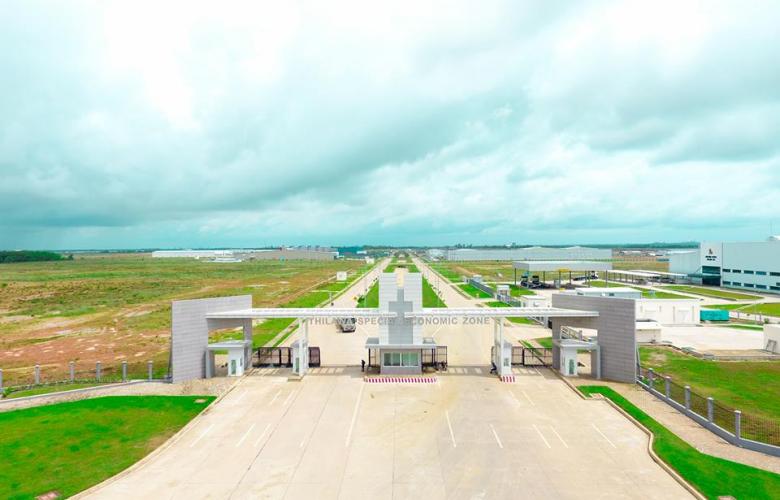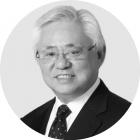Myanmar economic growth expected to 'gain momentum' in 2020 despite uncertain political climate - Colliers
Contact
Myanmar economic growth expected to 'gain momentum' in 2020 despite uncertain political climate - Colliers
Colliers International believes Myanmar's upcoming elections should not deter investors from seeking opportunites within the country.
Colliers International believes Myanmar's economy "should gain momentum" in the 2020 fiscal year, despite warnings of a downturn from the International Monetary Fund.
An IMF team led by representative Shanaka J. Peiris visited Myanmar from December 4 to 19, 2019, to assess economic and financial developments as part of its 2019 Article IV.
Speaking about the year ahead, Mr Peiris said although long-term prospects remained favorable as a result of positive population dynamics and Myanmar’s strategic location, medium-term growth was likely to remain "below potential", with risks to the outlook "tilted to the downside".
"For 2019/20, growth is expected to be broadly stable with higher government spending largely offset by pre-election uncertainty and weaker private demand,” he said.
At a glance:
- A team from the International Monetry Fund visited Myanmar in December to assess economic and financial developments in the country.
- The IMF said political uncertainty ahead of this year's elections coupled with external factors meant the country's economic outlook was "tilted to the downside".
- Colliers International has encouraged investors to keep an eye on developments in the country's Special Economic Zones.
But Colliers International Myanmar Managing Director Karlo Pobre said projects such as the China-Myanmar Economic Corridor and the India-Myanmar-Thailand Trilateral Highway, which is expected to start operation in 2020, were expected to pave the way for a "significant increase" in trade within the ASEAN region.
"Economic growth should gain momentum in FY 2020 on stronger infrastructure investment outlays and robust manufacturing activity," he said.
"Furthermore, with the completion of Special Economic Zones and attractive SEZ policies, manufacturing sector is expected to enjoy a boom.
"Big companies like Toyota, has found its base in Thilawa SEZ, and will begin the construction of a $52.6 million manufacturing plant, ready to begin operations in February 2021."
First introduced in 2014, SEZs carry a range of benefits for investors, including Free Zones that focus on export-oriented markets and allow for customs duty and other tax exemptions for imported goods.
There are also promotion zones for the domestic market, where investments can be made in manufacturing, housing, departmental stores, banking, insurance, schools, hospitals and recreational places.
Mr Pobre encouraged investors to keep an eye on the development of new SEZs, in spite of the country's "tender political climate".
"Keeping in mind the precautions and recommendations expressed by the IMF, the manufacturing sector can still expect tremendous growth given Myanmar’s large workforce and relatively low labor costs," he said.
"SEZs, specifically its laws and incentives, might provide a comparative advantage in manufacturing over its ASEAN neighbors."
Similar to this:
Established Myanmar professionals set up new real estate consultancy
The Completion of New Yangon City Master Planning
Japan-backed special economic zone in Myanmar is front runner for alternative production hub







